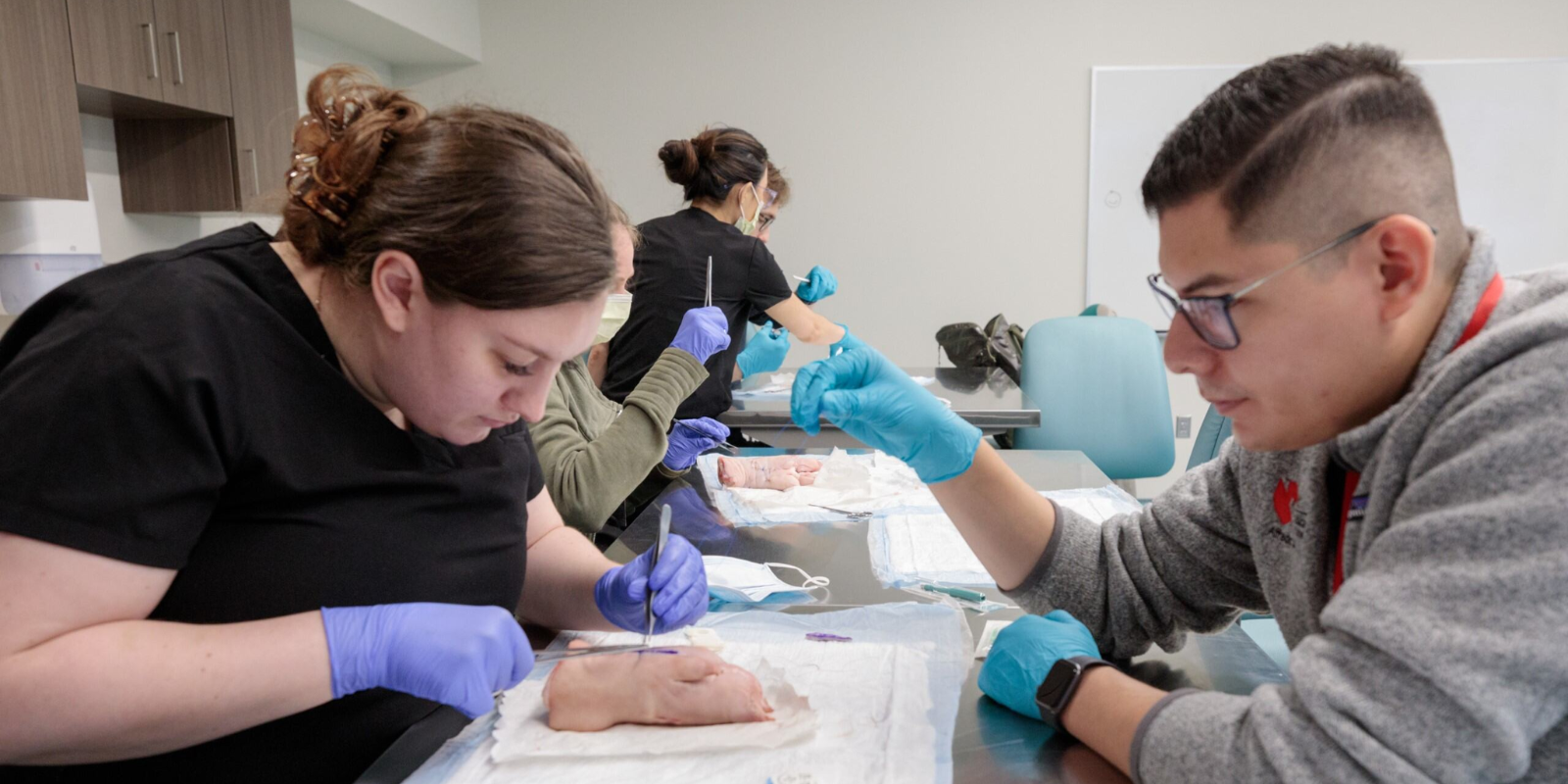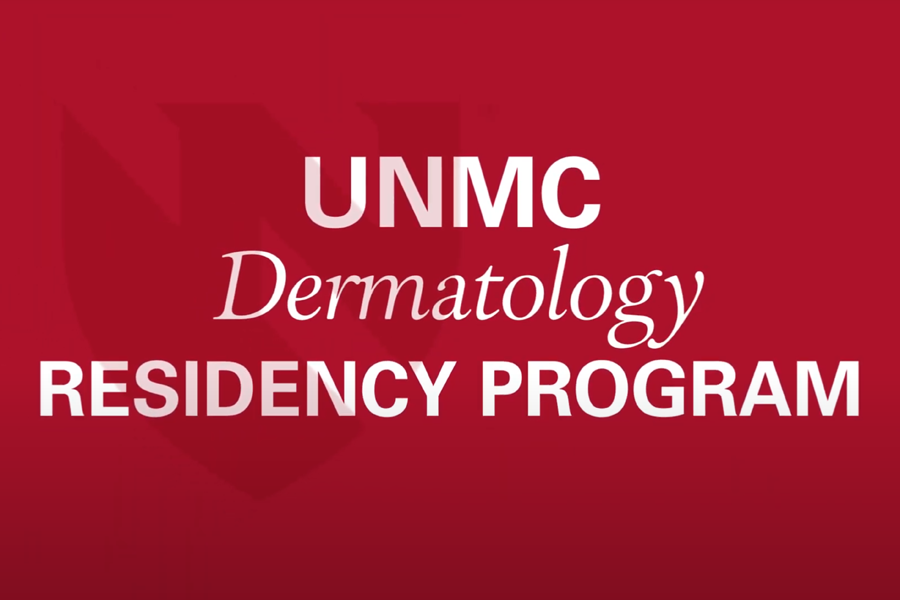
Dermatology Residency
Our accredited three-year residency program instills curiosity and a sense of innovation in research, quality improvement and forward-thinking solutions for the health care delivery of tomorrow.
We develop future leaders in dermatology through a focus on education and mentorship, led by our expert faculty. We are guided by compassion and leading-edge patient care while serving our urban and surrounding rural communities, as well as underserved populations locally and abroad.
Residency Program Highlights
We are proud to unite our collective educational experiences to create a unique training environment for resident physicians!
Unique multidisciplinary and specialty clinics.
Hours of dedicated hands-on sessions annually
Clinical sites.
Our Goals
To Train
We graduate residents well-trained in all aspects of dermatology and competent to enter independent practice or proceed to fellowship training. Our alumni will serve as life-long learners through continuing medical education and educators of patients, students, and colleagues.
To Prepare
We prepare residents to contribute to the field of dermatology through ongoing mentoring and by fostering their interests through opportunities in presenting at national or regional meetings, clinical or basic research, clinical trials, or publication in peer-reviewed journals or texts.
To Mentor
We mentor and develop future leaders in our specialty and in their respective medical communities.
To Grow
Our program instills curiosity and a sense of innovation in dermatology.
To Develop
We develop professionals who can critically review literature and use this information to practice the best “evidence-based” medicine.
To Serve
Our residents have opportunities to train in underserved areas, including rural and urban health, international dermatology, telemedicine rotations and department outreach events.
To Team Up
Our program has a team-based culture, and we train residents on leadership and managing multidisciplinary programs in various health care settings.
